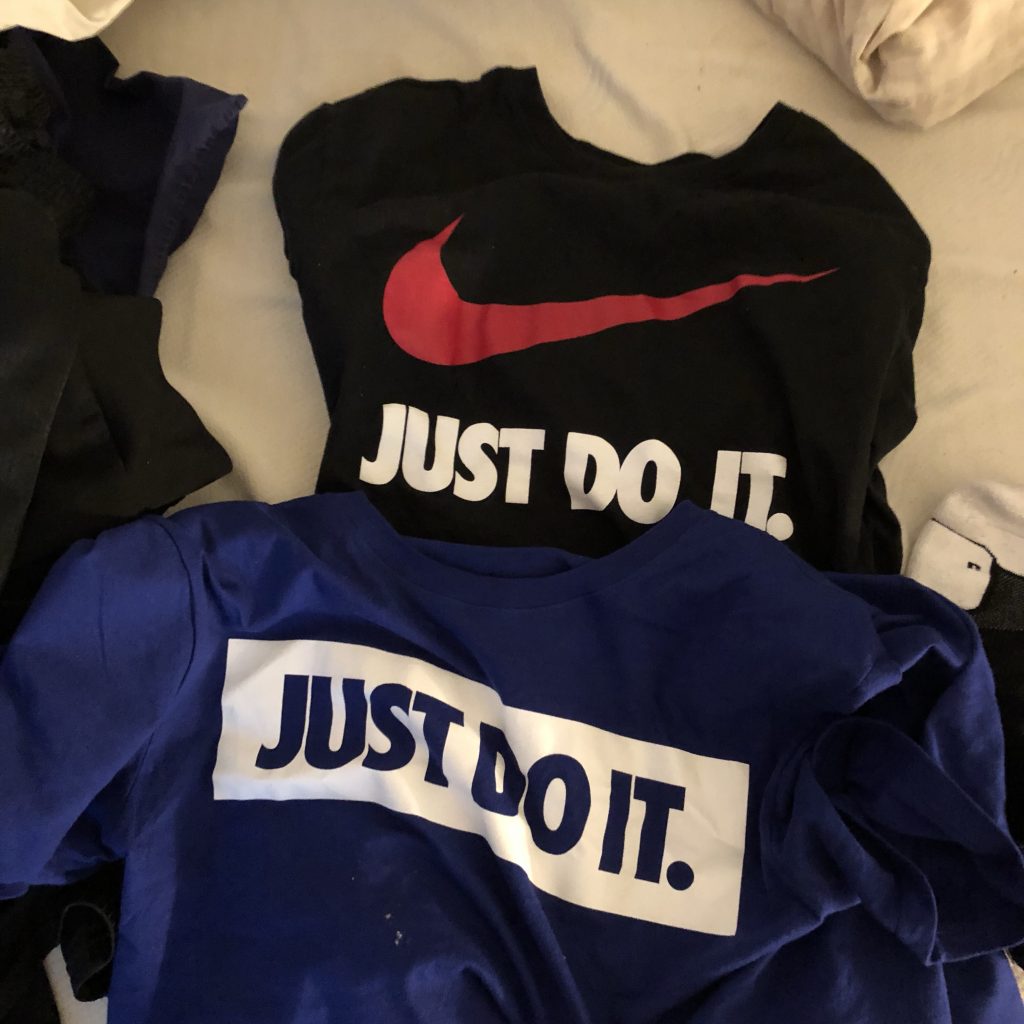Ok started the new year off with a kettlebell workout. I signed up for Strong ON mostly because I listened to a couple of Pat Flynn’s podcast and liked his approach to things. Good first impressions go a long way.
Kettlebell workouts feel good in the way running feels good. I mean I guess that’s the cardio aspect of it.
When doing Simple & Sinister I really needed to be tracking my progress to make sure I was making any progress. It’s always a good workout when I actually do it. Especially as it was getting heavier.
I’m program hopping again. Though I’m at least keeping the kettlebells.
Simple & Sinister seems very much sustainable and consistent. It fulfills the whole “What might this look like if it were easy?” mindset also. Though Strong On also fulfills that in that you log on and it tells you what to do. The workouts themselves aren’t easy but they are compared to when I started last year with one of those magazine workouts meant for 19 year olds experimenting with every chemical possible. I got sick after two days of like 45-set workouts.
I’m not looking for intensity. This goes with “it depends” being the answer for everything. Intensity might be key for what you do. I’ll keep with the idea that you can ease off the intensity if you increase the frequency. It’s somewhere in Simple & Sinister.
(Same goes for writing. I’ll keep this journal as I go along. I’ll tag it “training notes” or something like that.)




